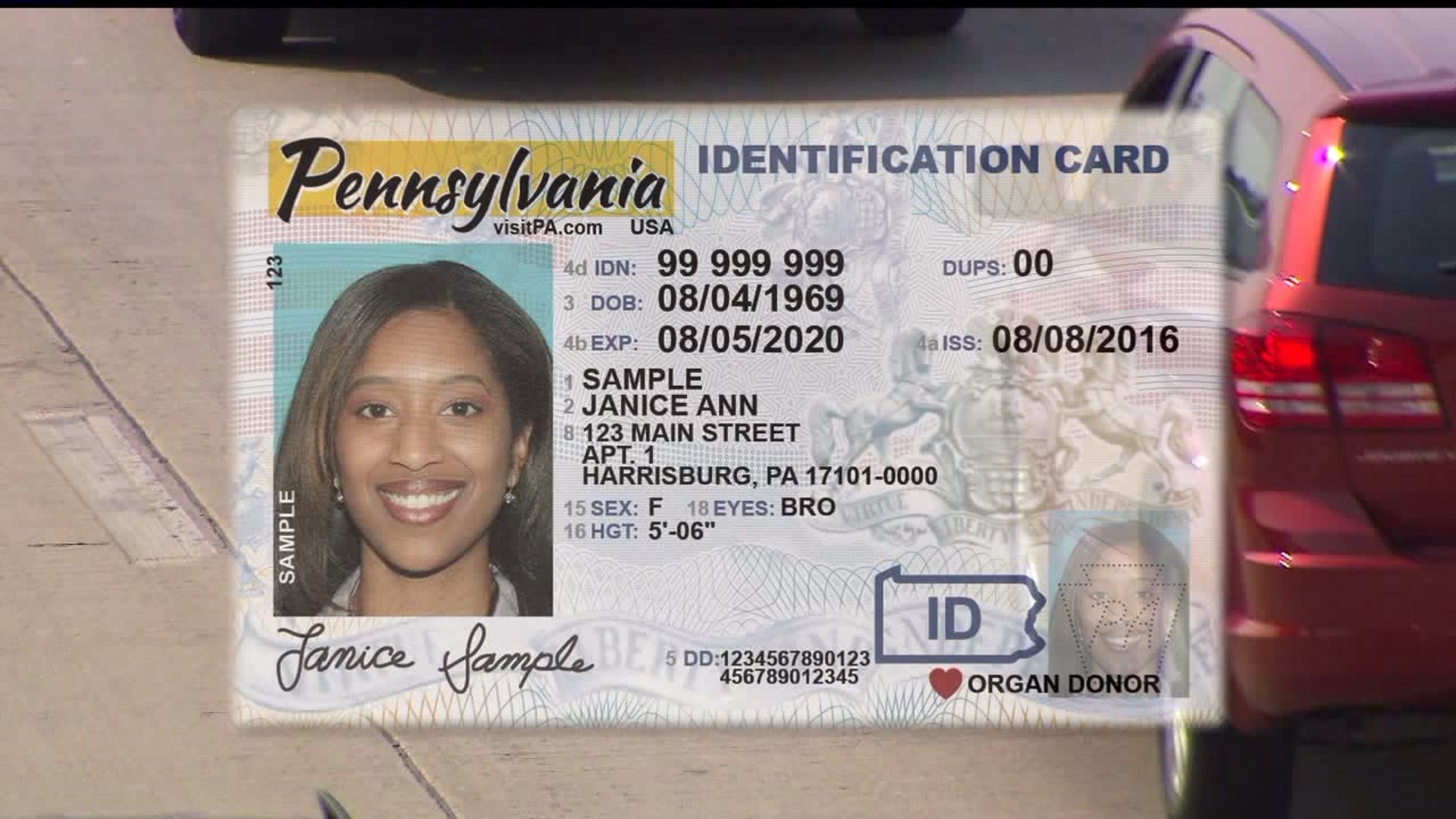Application Process for a New PA License
Applying for a new PA license involves completing the application form, submitting required documents, and paying the necessary fees. The application process is designed to ensure that all applicants meet the eligibility criteria and have the necessary qualifications to practice as a PA in Pennsylvania.
Completing the Application Form
The application form for a new PA license can be obtained from the Pennsylvania State Board of Medicine’s website. The form requires applicants to provide personal information, educational background, work experience, and references. Applicants must also attest to their understanding of the PA scope of practice and ethical responsibilities.
Required Documents
In addition to the completed application form, applicants must submit the following documents:
- Official transcripts from all post-secondary educational institutions attended.
- A copy of the applicant’s PA certification from the National Commission on Certification of Physician Assistants (NCCPA).
- A copy of the applicant’s current DEA registration.
- Two letters of recommendation from individuals who can attest to the applicant’s professional competence and ethical conduct.
Fees
The application fee for a new PA license is $150. The fee must be submitted with the completed application form and supporting documents.
Submitting the Application, New pa license
Completed applications and supporting documents can be submitted to the Pennsylvania State Board of Medicine by mail or online. The mailing address is:
Pennsylvania State Board of Medicine
P.O. Box 2649
Harrisburg, PA 17105
The online application portal can be accessed at the following link: https://www.pals.pa.gov/eServices/
Types of PA Licenses and Endorsements

New pa license – Pennsylvania offers various types of licenses and endorsements to meet the diverse needs of Physician Assistants (PAs). Each license type has specific requirements and eligibility criteria. Additionally, PAs can obtain endorsements to expand their scope of practice.
The following section provides an overview of the different types of PA licenses and endorsements available in Pennsylvania, along with their requirements and the process for obtaining them.
Initial PA License
To obtain an initial PA license in Pennsylvania, applicants must meet the following requirements:
- Graduate from an accredited PA program
- Pass the Physician Assistant National Certifying Examination (PANCE)
- Complete a one-year post-graduate residency or fellowship program
- Pass a criminal background check
Renewing a PA License
PA licenses must be renewed every two years. To renew a license, PAs must complete 100 hours of continuing medical education (CME) and pay the required renewal fee.
Endorsements
PAs can obtain endorsements to expand their scope of practice. Endorsements are available in the following areas:
- Emergency Medicine
- Critical Care
- Surgery
- Anesthesiology
To obtain an endorsement, PAs must meet the following requirements:
- Have an active PA license
- Complete an approved training program in the endorsement area
- Pass a national certification exam in the endorsement area
Preparing for the PA Driver’s Exam

Preparing for the Pennsylvania Driver’s Exam requires thorough study and practice. The exam consists of two parts: a written test and a road test. To ensure success, it is crucial to understand the format and content of each exam and employ effective study strategies.
Written Test
The written test evaluates your knowledge of traffic laws, road signs, and safe driving practices. It typically consists of multiple-choice questions and may include true/false and fill-in-the-blank questions. To prepare, consider the following tips:
– Study the Pennsylvania Driver’s Manual: This official guide provides comprehensive information on all aspects covered in the written test.
– Take Practice Tests: Online and book-based practice tests can help you assess your understanding and identify areas needing improvement.
– Focus on Road Signs: Thoroughly review different road signs and their meanings to ensure you can recognize and respond to them accurately.
– Understand Traffic Laws: Familiarize yourself with the basic traffic laws and regulations applicable in Pennsylvania.
Have you recently obtained your new PA license? If so, you may be interested in learning more about the new PA license plate options available. To explore the various designs and styles, click here. These new license plates offer a great way to personalize your vehicle while also supporting various causes and organizations.
Whether you prefer a classic design or something more unique, there’s sure to be a new PA license plate that’s perfect for you.
After obtaining your new PA license, you might need to replace your license plate if it’s damaged or lost. In such cases, you can visit the PA license plate replacement website for guidance on the process and requirements. Remember, having a valid license plate is crucial for legal and safe driving.